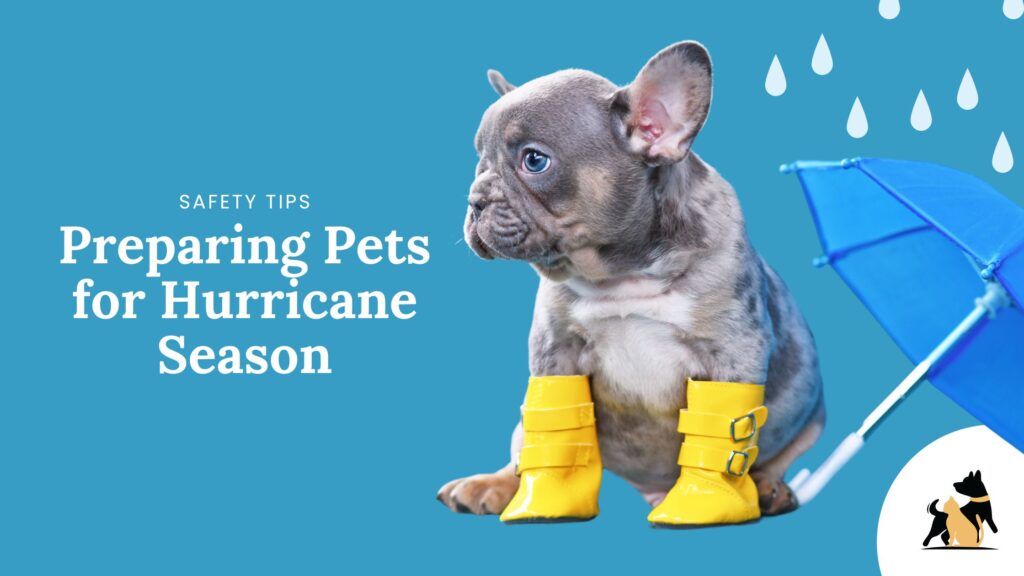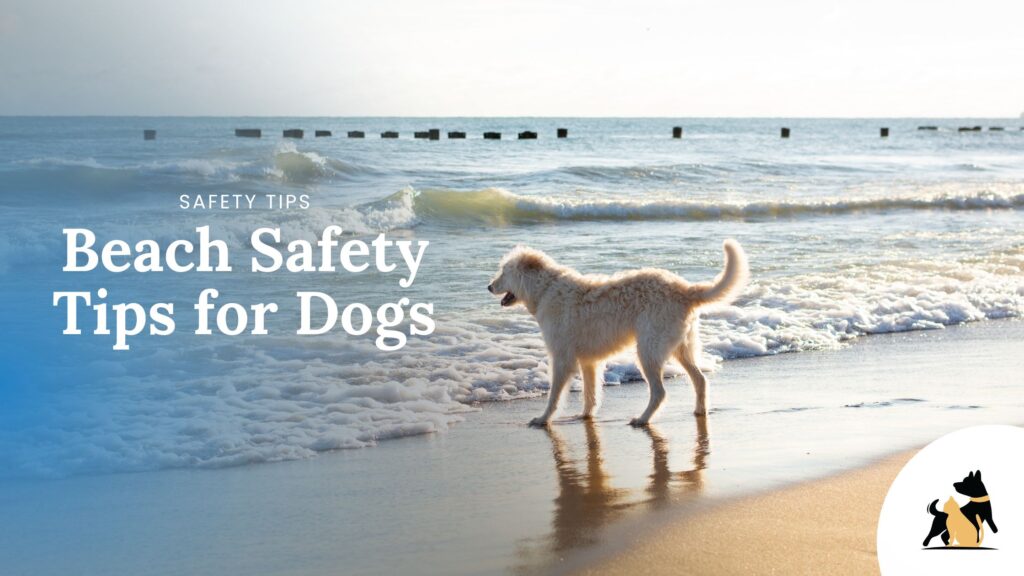Hurricane Preparedness for Pets

Hurricanes are powerful and unpredictable natural disasters that pose significant risks to humans and animals. As a pet owner, it’s crucial to have a comprehensive plan to ensure your furry friends’ safety and well-being during hurricane season. At Hometown Veterinary Partners, we care deeply about the safety of your pets. Here’s a guide to help […]
10 Beach Safety Tips for Dogs

Taking your dog to the beach can be a fantastic way to enjoy the outdoors and spend quality time together. However, just like humans, dogs need specific care and precautions to stay safe while having fun in the sun and surf. Here are 10 essential beach safety tips for your dog to ensure a great […]

















